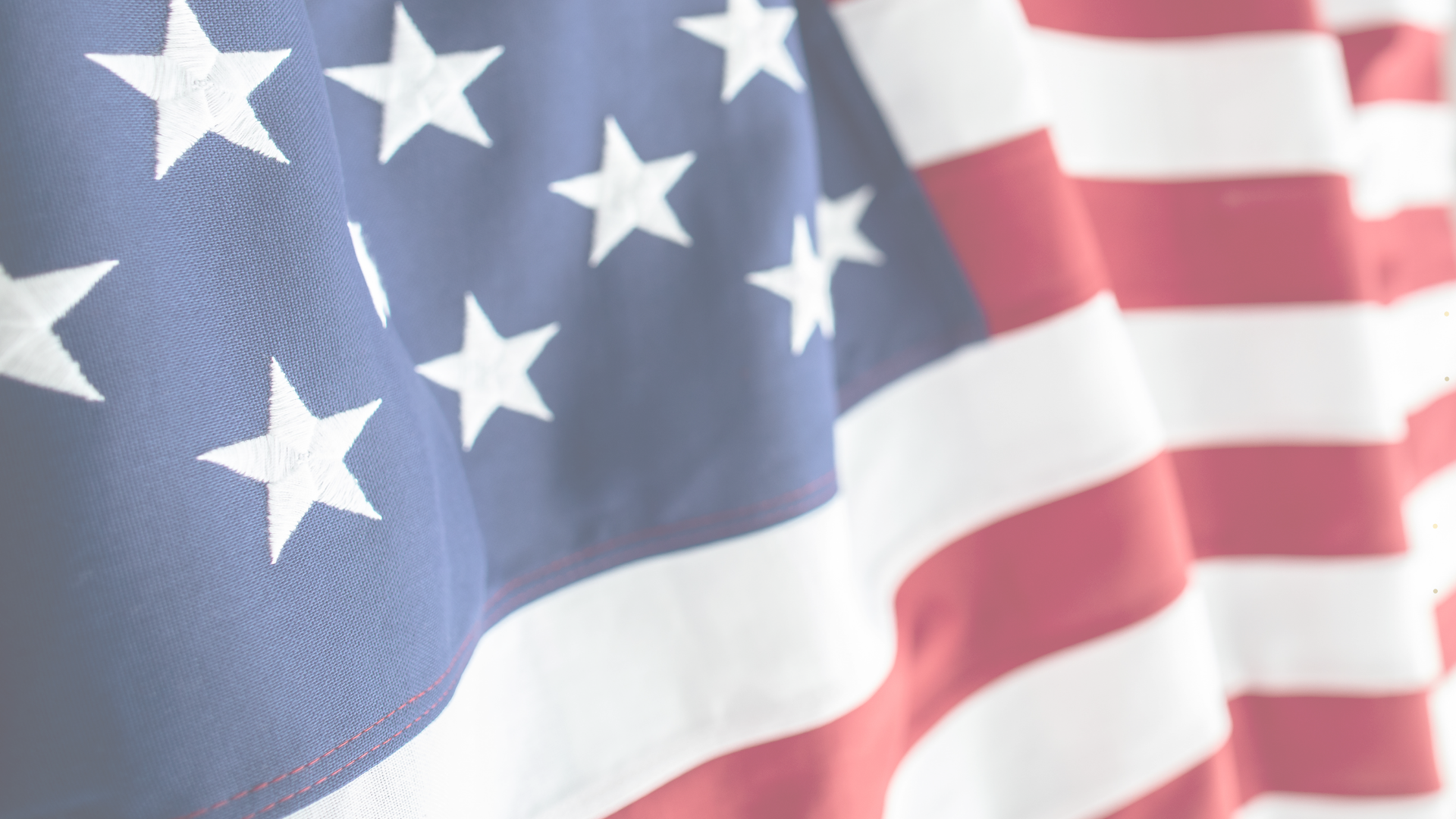Senior Spotlight: Acknowledging Male Caregivers
Did you know that 40% of US caregivers are men?
There are fewer roles that are more emotionally demanding and physically draining than caregiving. While caring for a loved one can be an extremely rewarding experience, it can also be heartbreaking and exhausting. Yet most often when we think of caregivers, including familial ones, we think of women. Yet the California Caregiver Resource Center reports that 16 million caregivers, or about 40% of those in the US, are men. As we have focused on ways to improve the quality of lives for those who are aging and those who love them, we feel it is important to address the dedication and also the challenges faced by male caregivers.
The National Study of Caregiving (NSOC) has stated that male caregivers “have weak support networks and are less likely to seek out programs which increase their caregiving capabilities and help them cope with this burden.” Men are also more likely to face stigmas with even being accepted as competent, proficient and very willing primary caregivers.
Yet Next Avenue asserts that “male involvement in caregiving is essential, mainly because fathers, brothers and others have always played a significant role, even if overshadowed by their female counterparts. Consequently, highlighting… the roles of men in the family, in caregiving and including them in programmatic actions is essential to improving the overall quality of care.”
The resources we explored suggested these considerations to better support males in caregiving roles:
- Offer male caregivers both "experience experts" (male caregivers) and "content experts' (researchers and staff) to define problems and solve real-world caregiving challenges
- Advocate for employers to empower both males and females to put family first, to offer benefits and leave and access to resources related to caregiving
- Note that men are more likely to under-report the burden of caregiving and often feel ashamed to admit negative feelings
- Never underestimate the power of knowledge; 84% of caregivers (males included!) wish they had more qualified resources on care management of a loved one
- Normalize that asking for help is acceptable. Caregiving takes kindness, patience, empathy and… it cannot and should not be done alone.
Find your local caregiver resource center here.
Do you know a male caregiver? Do you know any caregiver who could benefit from more support? If you have been a caregiver, what is the one thing you wish someone would have (or would not have!) told you?
Caregiving is a part of seeing a loved one manage a health condition or even age. The conversations surrounding it are crucial to support each other through one of the hardest walks in life. Let’s keep the communication going. Please feel free to share what other caregiving topics you would like covered in the blog!
Best wishes,
Bobbi
Bobbi Decker
DRE#00607999
Broker Associate
650.346.5352 cell
650.577.3127 efax
www.bobbidecker.com
NAR Instructor….“Designations Create Distinctions”
CIPS, SRS, ABR, CRS, SRES, GRI, CLHMS, REI, AHWD, RSPS, MSLG
Bobbi Decker & Associates fully supports the principles of the Fair Housing Act and the Equal Opportunity Act. For more information, please visit: http://portal.hud.gov/











